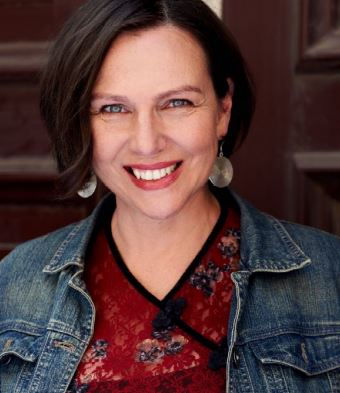 Words define us, they explain us, and on occasion, they serve to control or isolate us.’
Words define us, they explain us, and on occasion, they serve to control or isolate us.’
We think of a dictionary as giving objective, authoritative definitions of words, based on their usage and written sources. This is not entirely the truth, however – they also reflect the dominant culture. In this month’s book The Dictionary of Lost Words (2022) Pip Williams gives an account of the making of the Oxford English Dictionary – the first dictionary since Samuel Johnson’s (1755). Work began in 1857 and it was published in full in 1928. Her novel explores those words that are omitted or inadequately defined.
She does this through her protagonist Esme, the daughter of one of the lexicographer researchers. Brought up by her widowed Father, Esme spends much of her childhood under the desk in the scriptorium, the tin hut in which a team of researchers worked under the supervision of the editor, Sir James Murray. Words and their definitions were written on slips of paper and sorted into pigeonholes, and some fluttered to the floor to be squirreled away by Esme. Soon she noticed a disparity between some of the words as they were defined on the slips and as they appeared in the edited version, ‘bondmaid’ being the first one she noticed. Then she found that other words did not appear at all; for example, ‘knackered’, a word frequently used by Lizzie the maid to describe her life.
She begins to collect these words and keep the slips in a trunk. As she gets older, she goes out collecting new words, finding that the most unacknowledged ones refer to, or were used by, women. A disreputable old market trader Mabel proves a rich source of such words, many of them scurrilous.
If you think a novel about the making of a dictionary does not sound enticing, you would be wrong. We follow Esme’s life – school, the suffragette movement, and then the First World War, new experiences continually providing new words, each defined with a quotation attributed to the provider.
The novel offers a fascinating insight into the making of a dictionary and the painstaking referencing and cross-referencing that went on. This painstaking work is brought to life by those who work in the scriptorium and their interactions; mostly based on real historical characters.
One of the attractions of this book is the range of likeable characters – Esme’s Father is a gentle, tolerant man and we warm to Lizzie, the maid who looks after Esme also her scholarly and enlightened aunt Ditte This is a gentle book, easy to read and informative as well as very enjoyable. All the Book Club really enjoyed it, despite a rather slow start. One member brought the two volume miniaturised version – it was enormous! We strongly recommend it.
Our next book is Firefly by Henry Porter.
Heather Mines

